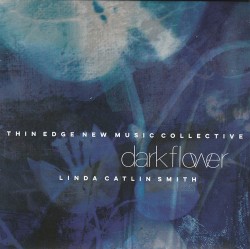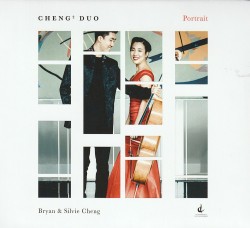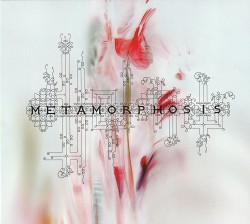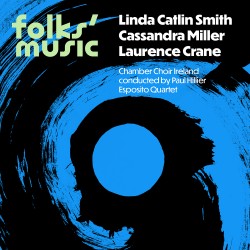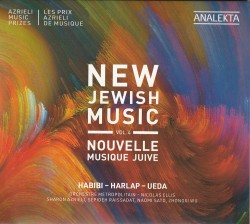Ispilu: Works for Quarter-Tone Accordion - Lore Amenabar Larrañaga
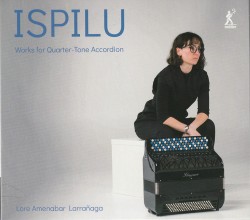 Ispilu – Works for Quarter-Tone Accordion
Ispilu – Works for Quarter-Tone Accordion
Lore Amenabar Larrañaga
Metier mex 77108 (divineartrecords.com)
Talented accordionist Lore Amenabar Larrañaga researched and self-designed her microtonal quarter-tone accordion. The sounds are produced in both left and right hand manuals, with the range and timbres expanded by 15 right hand and 7 left hand registers. Custom built by Bugari Armando, this is her first recording playing it. She commissioned eight composers to write collaborative solo compositions to explore her organ’s capabilities between 2020 and 2022, during her PhD studies at the Royal Academy of Music.
Fleeting Puddles by Claudia Molitor is an accessible minimalist work. The sounds below water are created with fast repeated notes like ripples or waves while slower chords, subtle atonal held notes with added melodies and intriguing low-pitched notes create water stillness. My Time Is Your Time by Donald Bousted has fast, ringing high notes, detached lower chords, meditative held-notes, descending lines and held clusters separated by welcome reflective silences. Lore’s held-notes bellow control at different volumes is amazing. Feast by Mioko Yokoyama features percussive accordion hits mixed with pitched and quarter tone accented chords, glisses and lower notes. Der Stimme der Stadt composer Christopher Fox writes his work grew out of a series of bell resonances exemplified by extended rippling atonal/quarter-tone chords, repeated intervals, then slower calming held-chords with slight tonal changes and melody. Compositions by David Gorton, Electra Perivolaris, Michael Finnissy and Veli Kujala are also performed.
Lore’s musical virtuosic performances make this a must-listen release for all.


